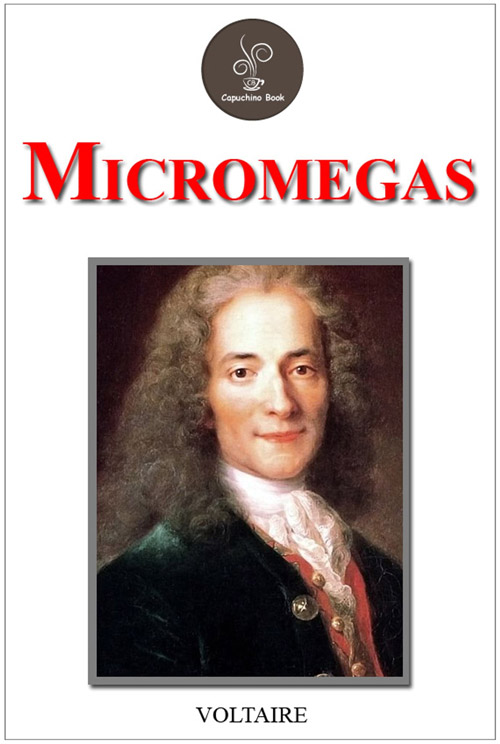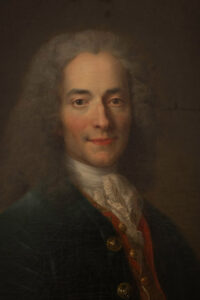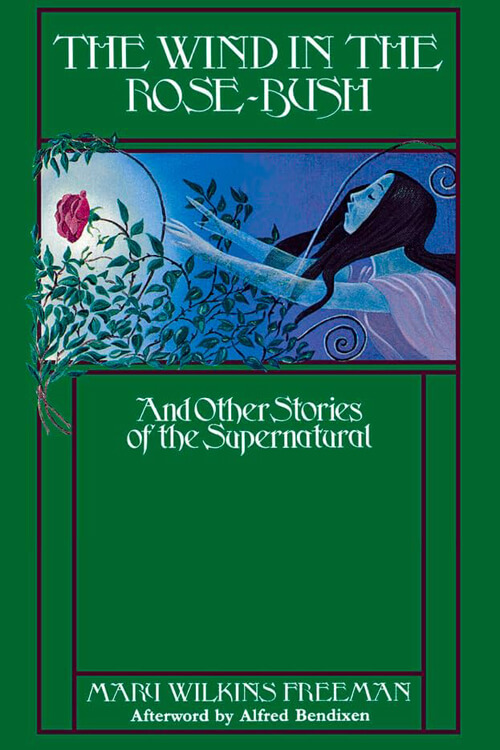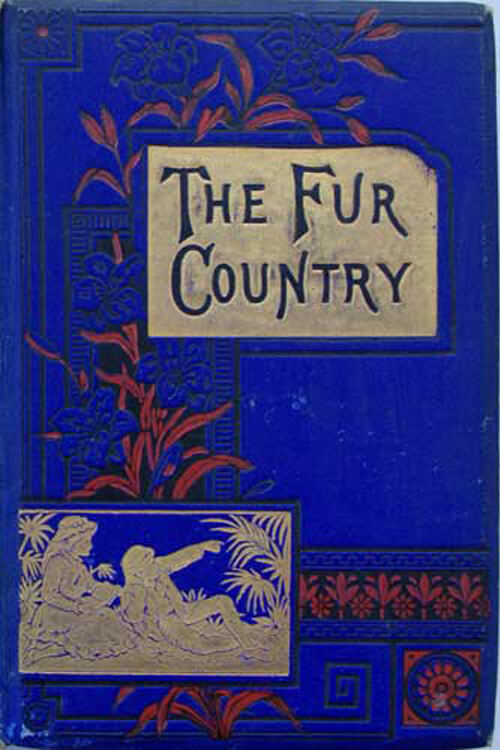
Micromegas
The story is organized into seven brief chapters. The first describes Micromégas, whose name means “small-large”, an inhabitant of a planet orbiting the star Sirius. Micromégas stands 120,000 royal feet (38.9 km) tall, and his circumference at the waist is 50,000 royal feet (16.24 km). The Sirian’s home world is calculated to be 21.6 million times greater in circumference than Earth using mathematical ratios in a passage intended to relativize Man’s home on a cosmic scale.
When he is almost 450 years old, approaching the end of what the inhabitants of the planet orbiting Sirius consider his childhood, Micromégas writes a scientific book examining the insects on his planet, which at 100 royal feet (32.5 m) are too small to be detected by ordinary Sirian microscopes, having already solved over fifty of Euclid’s problems (eighteen more than Blaise Pascal) before the age of two-hundred-fifty years while studying at his planet’s Jesuit college. This book is considered heresy by his country’s mufti, and after a 200-year trial, he is banished from the court for 800 years. Micromégas takes this as an opportunity to travel between the various planets in a quest to develop his heart and his mind.
Read or download Book
François-Marie Arouet Voltaire
François-Marie Arouet – 21 November 1694 – 30 May 1778, known by his nom de plume M. de Voltaire, was a French Enlightenment writer, philosopher (philosophe), satirist, and historian.
Biography
Famous for his wit and his criticism of Christianity (especially of the Roman Catholic Church) and slavery, Voltaire was an advocate of freedom of speech, freedom of religion, and separation of church and state. Voltaire was a versatile and prolific writer, producing works in almost every literary form, including plays, poems, novels, essays, histories, and scientific expositions. He wrote more than 20,000 letters and 2,000 books and pamphlets. Voltaire was one of the first authors to become renowned and commercially successful internationally.
He was an outspoken advocate of civil liberties and was at constant risk from the strict censorship laws of the Catholic French monarchy. His polemics witheringly satirized intolerance, religious dogma, and the French institutions of his day. His best-known work and magnum opus, Candide, is a novella that comments on, criticizes, and ridicules many events, thinkers, and philosophies of his time, most notably Gottfried Leibniz and his belief that our world is the “best of all possible worlds”.






